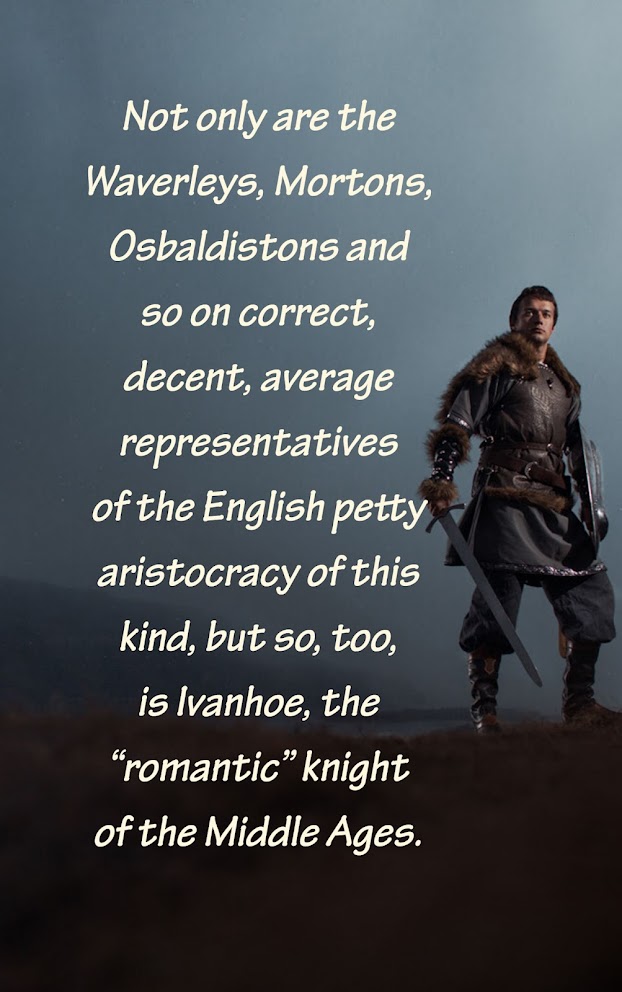On Sir Walter Scott | & his USPs
#onhisbirthdaytoday
15th August 1771
‘Skeletons of the good ol’ past come to life with flesh and blood with such reality of representment in the pages of Sir Walter Scott,’ says eminent critic Scupin Richard, on the grace, the elegance and the grandeur in Walter Scott’s novels.
Sir Walter Scott is considered the inventor of the historical novel, and hence by default, also takes credit for having created the genre of historical fiction.
Quite interestingly and ironically at that, Scott had initially published his novels anonymously, because of the simple reason that, writing novels was not considered respectable, at a period in history, when writing poetry commanded great respect!
His contemporary, William Wordsworth was born on 7 April 1770!
He
was born on 15th August 1771!
While
Samuel Taylor Coleridge was born on 21 October 1772!
Sir Walter Scott’s claim to fame includes the fact that, he always had a word of appreciation for his fellow writers of all genres and hues!
He admired and appreciated Austen’s lively and picturesque descriptions of life.
Austen, in her novel titled, Persuasion, for her turn, alludes to Scott’s Marmion and The Lady of the Lake!
Scott celebrated Byron for having created a unique ‘Romantic character type’ in his Byronic heroes.
Scott also had a great appreciation for Defoe - for the realism - the ‘attention to detail’, and the ‘solidity of specification’ particularly in Defoe’s Robinson Crusoe!
All the three Bronte sisters seem to have been smitten much by the style and the charm of Scott’s historical writings.
Charlotte Bronte has this memorable scene in Jane Eyre, where St. John Rivers gives a copy of Scott’s Marmion to Jane to provide her with “evening solace”.
Emily Bronte’s Wuthering Heights was greatly influenced by Walter Scott’s Rob Roy, as much as Shakespeare’s As You Like It was influenced by Thomas Lodge’s Rosalind.
Anne Bronte, in her novel titled, The Tenant of Wildfell Hall has a scene in which Gilbert Markham, the narrator, gifts a copy of Marmion to Helen Graham!
Coming back,
His Ivanhoe (1819), is considered the first great historical novel. Set in 12th century England, the novel, proved a stir and a sensation, launching a huge craze for a mega medieval revival! A revival that would impact and influence art, architecture and literature for generations to come!
If you would like to read more on the historical novel, with specific reference to Walter Scott, one of the best go-to books for you would be Georg Lukacs’ insightful critical text titled, The Historical Novel.
Sample
this for an appetiser from The Historical Novel -
Scott very seldom speaks of the present.
He does not raise the social questions of contemporary England in his novels, the class struggle between bourgeoisie and proletariat which was then beginning to sharpen.
Paradoxically, Scott's greatness is closely linked with his often narrow conservatism.
He seeks the “middle way” between the extremes and endeavours to demonstrate artistically the historical reality of this way by means of his portrayal of the great crises in English history.
This basic tendency finds immediate expression in the way he constructs his plot and selects his central figure.
The “hero” of a Scott novel is always a more or less mediocre, average English gentleman.
He generally possesses a certain, though never outstanding, degree of practical intelligence, a certain moral fortitude and decency which even rises to a capacity for self-sacrifice, but which never grows into a sweeping human passion, is never the enraptured devotion to a great cause.
Not only are the Waverleys, Mortons, Osbaldistons and so on correct, decent, average representatives of the English petty aristocracy of this kind, but so, too, is Ivanhoe, the “romantic” knight of the Middle Ages.



No comments:
Post a Comment